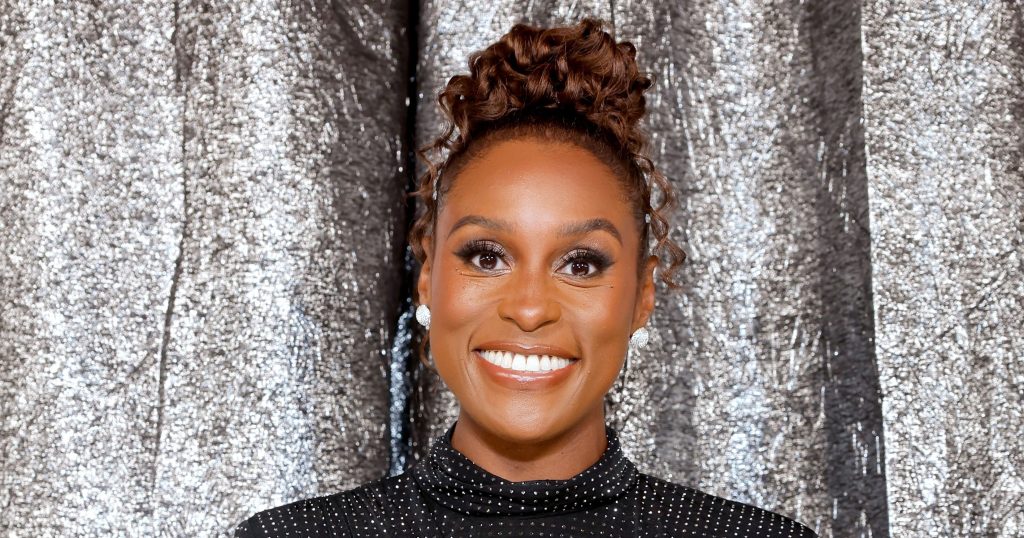Issa Rae is blunt about how the entertainment industry seems to be changing.
In a Time interview out today, she fired back at an industry she feels is now being driven by considerations other than creativity and inclusion.
A big part of that attitude is her recent history. In January, her TV series Rap Sh!t was axed by Warner Bros. Discovery. It was just one part of a disturbing trend in Rae’s eyes. “I’ve never seen Hollywood this scared and clueless, and at the mercy of Wall Street,” she says.
Last year was a rollercoaster for Rae. She won a Peabody Trailblazer award, was in the acclaimed films Barbie and American Fiction, and released the second season of her critically acclaimed Max show, Rap Sh!t.
But she also had to lay off eight employees during the WGA and SAG-AFTRA strikes, and saw Rap Sh!t canceled. That has been a stark reminder to Rae of the Golden Rule: he who has the gold, rules.
Still, Rae is hatching big plans for a better 2024. She’s developing at least two new projects for HBO. She’s also working to build a studio campus in South L.A.
But the lessons learned are never far from her thoughts.
Rae believes there’s no way Rap Sh!t would have been greenlit by WarnerMedia today, as executives seek safety over edgy. Rae sees that as a danger toward prior promises of increasing diversity and representation. “There is a bitterness of just like, who suffers from you guys pulling back? People of color always do,” she says.
In prior eras, Rae says, executives mostly stayed away from creative choices. “Now these conglomerate leaders are also making the decisions about Hollywood. Y’all aren’t creative people. Stick to the money,” she says. “The people that are taking chances are on platforms like TikTok: that’s what’s getting the eyeballs of the youth. So you’re killing your own industry.”
Rae has vowed to maintain her edge, even as she acknowledges the winds of change.
“When you have all of these streaming services that are competing with each other, it means they’re also moving the goalposts of what success looks like and what their brand is. It’s all mush,” she says. “I know what my brand identity is and what I want to make. But if that doesn’t align with who’s paying me to make stuff, then that’s complex. We are malleable, but only to an extent.”
